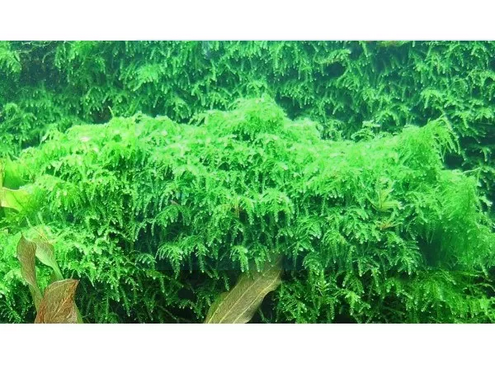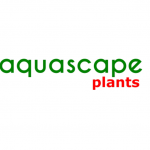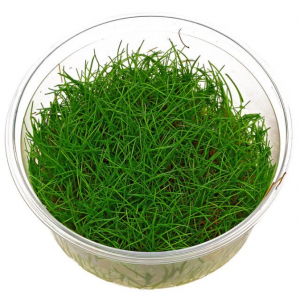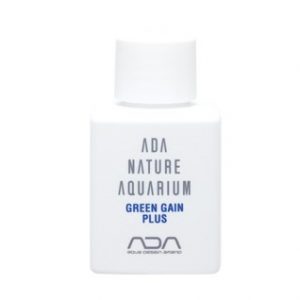Plants, Tissue Culture Cup
Plagiomnium cf affine Pearl moss
Availability:
Out of stock
- Round leaflets
- Upright growth habit
- Rarely in cultivation
| Usage | Epiphyte (growing on hardscape) |
| Growth | very slow |
| Propagation | Splitting, cutting off daughter plants |
| Can grow emersed? | yes |
د.إ27.00 د.إ30.00
Sold out!








